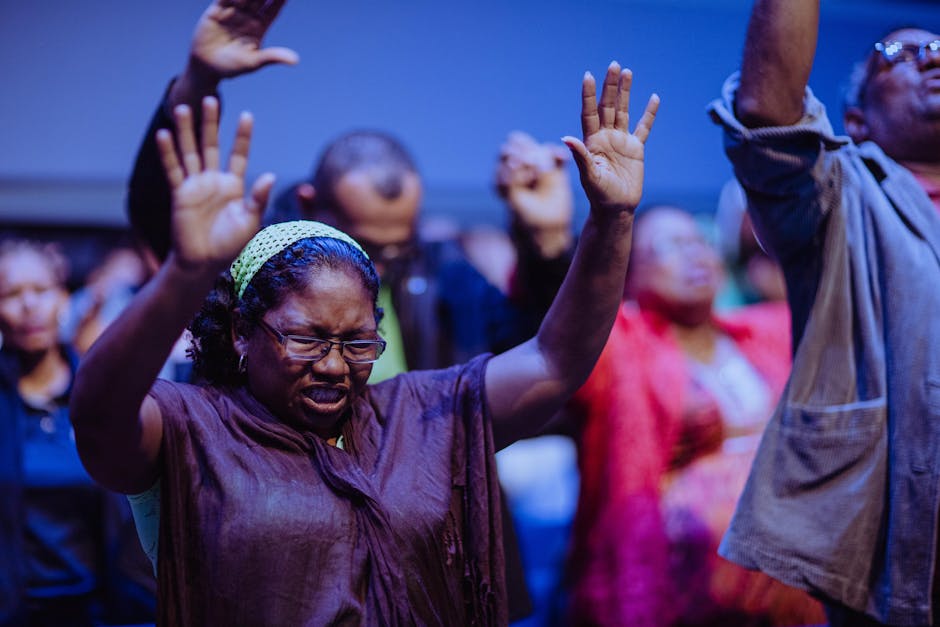Humanity’s enduring fascination with the spiritual realm has fueled countless religions, philosophies, and personal journeys. A central question arising from this diverse landscape is whether a universal spiritual experience exists a common thread connecting seemingly disparate paths to the divine or transcendent. While definitive proof remains elusive, exploring the concept reveals compelling insights into human consciousness and the nature of spiritual seeking.
Arguments for universality often center on the prevalence of certain phenomena across cultures and historical periods. Near-death experiences (NDEs), for instance, share striking similarities globally, regardless of religious background. Individuals reporting NDEs frequently describe feelings of peace, out-of-body sensations, encounters with deceased loved ones, and a life review. Such consistent features suggest a potentially universal element in consciousness beyond the confines of cultural conditioning. Similarly, mystical experiences, characterized by feelings of unity, transcendence, and oneness with a higher power, resonate across diverse spiritual traditions. Sufis, Christian mystics, Buddhist practitioners, and indigenous shamans all describe states of consciousness that share striking similarities in their descriptions of profound awe and connection.
Proponents of a universal spiritual experience often point to the inherent human capacity for empathy, compassion, and altruism as evidence. These qualities, often attributed to a deeper spiritual connection, appear across cultures and societies, transcending religious or philosophical differences. Acts of selfless kindness, unwavering dedication to a cause larger than oneself, and a profound sense of interconnectedness with all living beings are arguably expressions of a shared spiritual essence. Furthermore, the near-universal human fascination with the cosmos, our place within it, and the mysteries of existence itself underscores a fundamental yearning for meaning and purpose that may be rooted in a shared spiritual substrate.
However, a counterargument emphasizes the vast diversity of spiritual expressions. The sheer number of religions and spiritual paths, each with its unique beliefs, practices, and interpretations, challenges the notion of a singular, universal experience. While shared elements might exist, the vastly different ways individuals approach spirituality, their understanding of the divine, and the practices they engage in underscore the profound cultural and individual shaping of spiritual experience. For example, the concept of God or the divine varies immensely across traditions from a personal, interventionist deity to an impersonal, cosmic principle. This difference in understanding the very object of spiritual pursuit already casts doubt on the existence of a singular, universally shared experience.
Furthermore, the role of cultural conditioning in shaping spiritual experience cannot be overstated. Spiritual practices often embed deeply within cultural frameworks, shaping individual experiences and interpretations. What might manifest as a mystical union for one individual might be experienced as a possession by an external force in another culture. The symbolism, rituals, and narratives utilized in various spiritual traditions are deeply intertwined with specific cultural contexts, making direct comparisons difficult and potentially misleading. This cultural relativity renders the search for a truly universal experience problematic, as interpretations and expressions vary significantly across different social and historical contexts.
Another critical point lies in the difficulty of verifying and objectively measuring spiritual experiences. While neuroscience increasingly explores the neural correlates of spiritual states, subjective experiences remain inherently difficult to quantify and compare across individuals and cultures. The deeply personal nature of spirituality makes the establishment of universally accepted criteria for evaluating and comparing experiences challenging. What constitutes a “true” or “authentic” spiritual experience becomes a matter of individual interpretation and cultural bias, making comparative analysis a complex endeavor.
Instead of seeking a singular, universal experience, a more fruitful approach may lie in understanding the shared human capacity for spiritual seeking itself. The diverse manifestations of this seeking across cultures and throughout history suggest a fundamental aspect of human consciousness a drive to transcend the limitations of the material world, to find meaning and purpose, and to connect with something larger than oneself. This inherent longing, rather than a singular, universally identical experience, might be the truly universal element.
In conclusion, while commonalities exist across various spiritual traditions and experiences, the significant diversity in expressions, interpretations, and cultural contexts complicates the assertion of a singular, universal spiritual experience. However, recognizing the shared human capacity for spiritual seeking the inherent human yearning for meaning, transcendence, and connection presents a more nuanced and potentially more accurate understanding of the phenomenon. Rather than searching for a single, monolithic experience, appreciating the rich tapestry of human spiritual expressions, while acknowledging their underlying commonalities, offers a more profound and inclusive perspective. The search for the universal, therefore, might best be redirected towards understanding the universal human impulse towards spiritual exploration itself.
